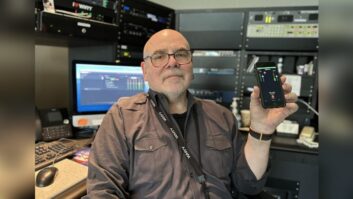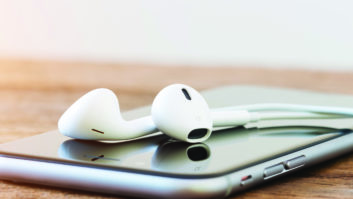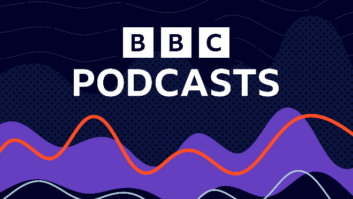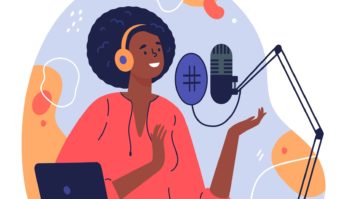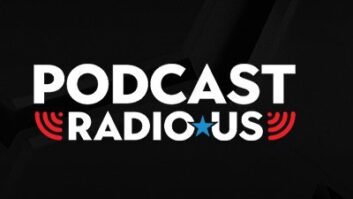Podcasting continues to grow at a rate that’s faster than a snail’s pace, but not by much.
The Pew Internet and American Life Project reports that almost one in five Internet users (19 percent) say they have saved a podcast for later listening. That’s up from 12 percent in Pew’s August 2006 survey.
But the latest study also concedes that “podcasting has yet to become a fixture in the everyday lives of Internet users, as very few Internet users download podcasts on a typical day.”
Just 3 percent do so, in fact. And there’s a real generational divide here of which media trend watchers should take heed. After 30, podcasting download rates take a dip; after 50, they take a serious dive; after 65, forget it.
Is podcasting competitive?
Podcasting isn’t just an important issue for content fans, it’s an important question for broadcast ownership regulators, especially at the Federal Communications Commission.
They, and the rest of us, are constantly being told that the FCC’s rules limiting ownership of radio and TV stations are no longer relevant because of the proliferation of new platforms. Podcasting is often cited here; it was mentioned constantly by boosters of the now completed merger of Sirius and XM satellite radio, a move that raised some widespread antitrust concerns.
The podcast solar system has its hot spots. Podcast Alley has cataloged over 43,000 podcasts with more than 2 million total episodes. iPod users gravitate toward certain subjects, listed in order of popularity: technology, comedy, religion and spirituality, and business. And you can download and read the Wall Street Journal on your iTunes desktop.
But the Pew report suggests once again that Internet-based venues that require more than the usual flick of the on/off/record switch have yet to offer serious competition to legacy media — TV, radio, newspapers — especially for older media consumers.
I believe in yesterday
The Pew survey involved talking to 2,251 adults who were 18 or older between April and May of this year. Back in April 2006, participants of all ages under 65 told Pew that they downloaded podcasts. But now the study says that there’s a dividing line at age 50, “with Internet users under 50 years old significantly more likely than older users to download podcasts.” This is in contrast to Internet use in general, which Pew also tracks, and which enjoys substantial popularity across all age groups.
Almost a quarter of those questioned who are under 50 say they’ve saved a podcast. On average, only 13 percent of people over 50 have done so, and only one percent of this group downloaded a podcast “yesterday,” according to the report. “Since 2006,” it concluded, “younger generations have more fully embraced the technology.”
This is probably the most obvious demographic trend in the survey. People in households that earn $75,000 or more listen to more podcasts, the report says, but not by much. Guys do podcasts more than women do, but the difference isn’t that extreme: 22 percent to 16 percent. But the age trend is pronounced. 27 percent of 18 to 29 year-olds have downloaded a podcast. But usage drops to 20 percent in the 30 to 49 age bracket, then down to 15 percent among those aged 50 to 64, and it falls off to 8 percent among the 65+ bracket.
The Pew study confirms my longstanding, college instructor’s perception: Podcasting is and will continue to be a popular pastime for media consumers with lives unstructured by those twin tethers, full-time jobs and children.
So enjoy podcasting while you can, kids. Because 20 years from now, after you’ve gotten through the first and second shift, you won’t have a lot of mental energy for much more than the car receiver dial, the remote and the couch.







